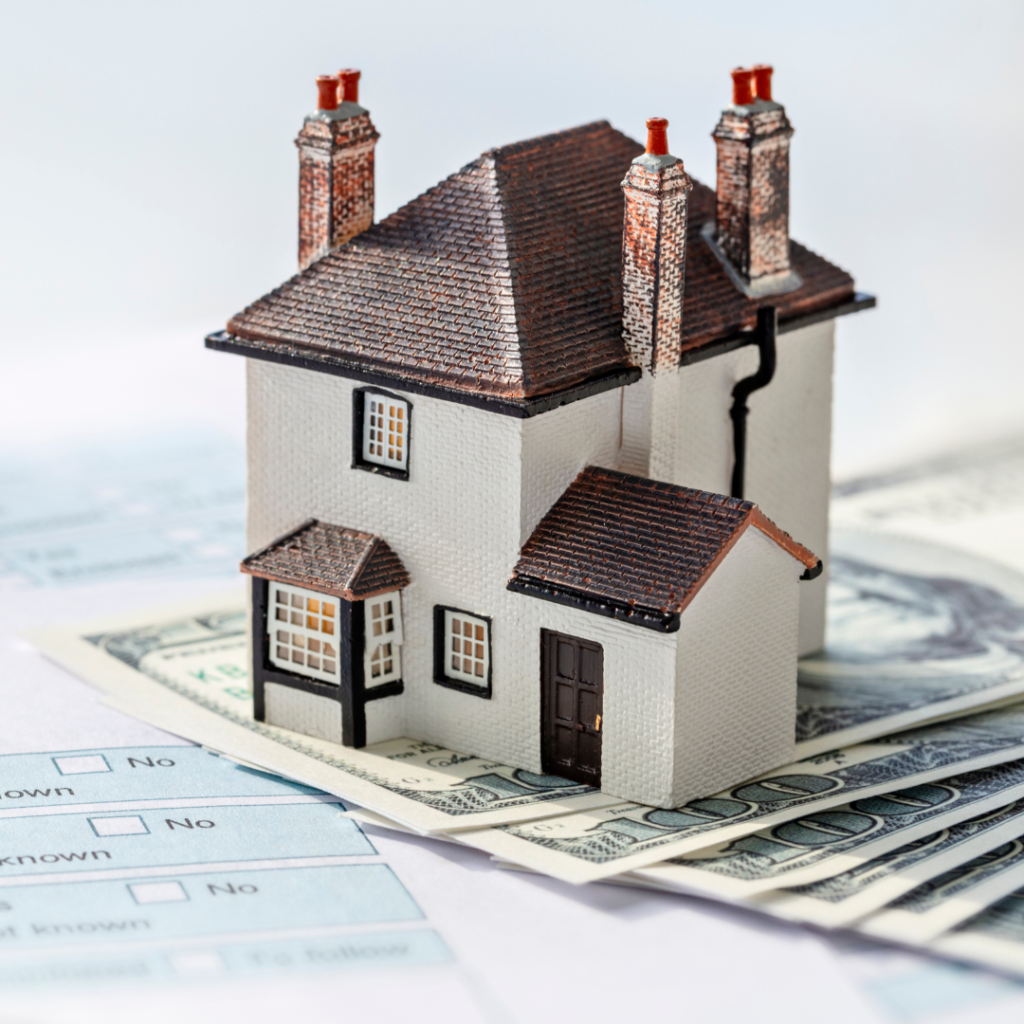How to Find Undervalued Properties in the Dallas Real Estate Market
Finding undervalued properties can be a rewarding strategy for real estate investors, especially in a thriving market like Dallas. As one of the fastest-growing cities in the United States, Dallas presents numerous opportunities for savvy investors to capitalize on undervalued real estate. Here’s a comprehensive guide on how to identify and acquire these hidden gems.
1. Understand the Dallas Real Estate Market
Before diving into the search for undervalued properties, it’s essential to understand the Dallas real estate market. Dallas is known for its diverse economy, job growth, and population increase, all of which contribute to a robust real estate market. Key areas to focus on include:
- Neighborhood Trends: Research neighborhoods undergoing gentrification or development. Areas like Oak Cliff, Bishop Arts District, and Deep Ellum have seen significant transformation and appreciation.
- Economic Indicators: Keep an eye on job growth, new business developments, and infrastructure projects, as these can drive property values up.
- Market Cycles: Recognize where Dallas is in the real estate cycle. In a buyer’s market, you may find more undervalued properties compared to a seller’s market.
2. Utilize Data and Analytics
Leveraging data and analytics can give you a significant edge in finding undervalued properties. Tools and platforms such as Zillow, Redfin, and Realtor.com offer valuable insights into property values, historical trends, and market comparisons. Consider:
- Comparative Market Analysis (CMA): Perform a CMA to compare properties in the same neighborhood. This helps identify properties listed below the average market price.
- Property Valuation Models: Use Automated Valuation Models (AVMs) to estimate a property’s value based on recent sales of similar properties in the area.
- Rental Yield and Cap Rates: For investment properties, calculate the rental yield and capitalization rate to ensure the property generates a satisfactory return on investment.
3. Network with Local Real Estate Professionals
Building relationships with local real estate agents, brokers, and investors can provide you with insider information and access to off-market deals. These professionals often have first-hand knowledge of properties that are priced below market value due to various reasons, such as:
- Motivated Sellers: Situations like foreclosures, short sales, or sellers needing quick cash can lead to undervalued listings.
- Distressed Properties: Properties in need of renovation or repair may be sold at a lower price, presenting an opportunity for investors willing to invest in improvements.
4. Attend Auctions and Foreclosure Sales
Auctions and foreclosure sales are excellent venues to find undervalued properties. Banks and lenders often sell repossessed homes at a discount to recover their losses quickly. Key steps include:
- Research Upcoming Auctions: Look for auction listings in Dallas and attend as many as possible to understand the process and spot good deals.
- Understand Auction Rules: Each auction has its own set of rules and procedures. Familiarize yourself with these to avoid pitfalls.
- Inspect Properties: Whenever possible, inspect the property before the auction to assess its condition and potential renovation costs.
5. Explore Off-Market Properties
Off-market properties, also known as pocket listings, are not publicly advertised. These can be found through:
- Direct Mail Campaigns: Send letters to property owners in targeted neighborhoods expressing your interest in buying their property.
- Networking: Connect with real estate wholesalers who specialize in finding and selling off-market properties.
- Online Platforms: Use websites like Craigslist and Facebook Marketplace to find homeowners looking to sell without listing their property on the MLS.
6. Analyze Financial Distress Indicators
Properties owned by individuals or companies in financial distress can often be acquired at below-market prices. Indicators to watch for include:
- Pre-Foreclosure Listings: Monitor pre-foreclosure listings to find owners looking to sell before the bank takes possession.
- Tax Delinquency: Properties with unpaid taxes may be available at a discount as owners seek to avoid further financial penalties.
- Divorce and Estate Sales: Properties sold due to divorce or inheritance issues often come to market below their true value.
7. Leverage Technology and Big Data
Advanced technology and big data can significantly enhance your search for undervalued properties. Consider using:
- AI and Machine Learning: Platforms that use AI can predict property values and identify undervalued listings based on extensive data analysis.
- Heat Maps: Use heat maps to visualize areas with higher potential for appreciation and identify undervalued properties within these zones.
- Real Estate Apps: Mobile apps dedicated to real estate investing can provide real-time data and alerts for undervalued properties.
8. Perform Thorough Due Diligence
Once you identify a potential undervalued property, thorough due diligence is crucial. This includes:
- Property Inspection: Hire a professional inspector to assess the condition of the property and estimate repair costs.
- Title Search: Ensure there are no legal issues, liens, or disputes associated with the property.
- Market Analysis: Revisit your market analysis to confirm that the property is indeed undervalued compared to similar properties in the area.
9. Develop a Strong Negotiation Strategy
Effective negotiation can further reduce the purchase price of an undervalued property. Tips include:
- Know the Seller’s Motivation: Understanding why the seller is selling can give you leverage in negotiations.
- Highlight Repairs and Improvements: Use the cost of necessary repairs as a bargaining chip to negotiate a lower price.
- Be Ready to Walk Away: Sometimes the best negotiation tactic is being prepared to walk away if the deal doesn’t meet your criteria.
Conclusion
Finding undervalued properties in the Dallas real estate market requires a combination of research, networking, and strategic analysis. By understanding market trends, leveraging data, building local connections, and staying vigilant for distressed properties, you can uncover opportunities that offer significant returns on investment. With patience and persistence, you’ll be well-equipped to identify and capitalize on undervalued properties in this dynamic market.


Joseph Gozlan
Investment Properties Advisor
Email: Joseph@Wisdom.TXcom
Direct: (469) 443.6336
Language/s: English, Hebrew
